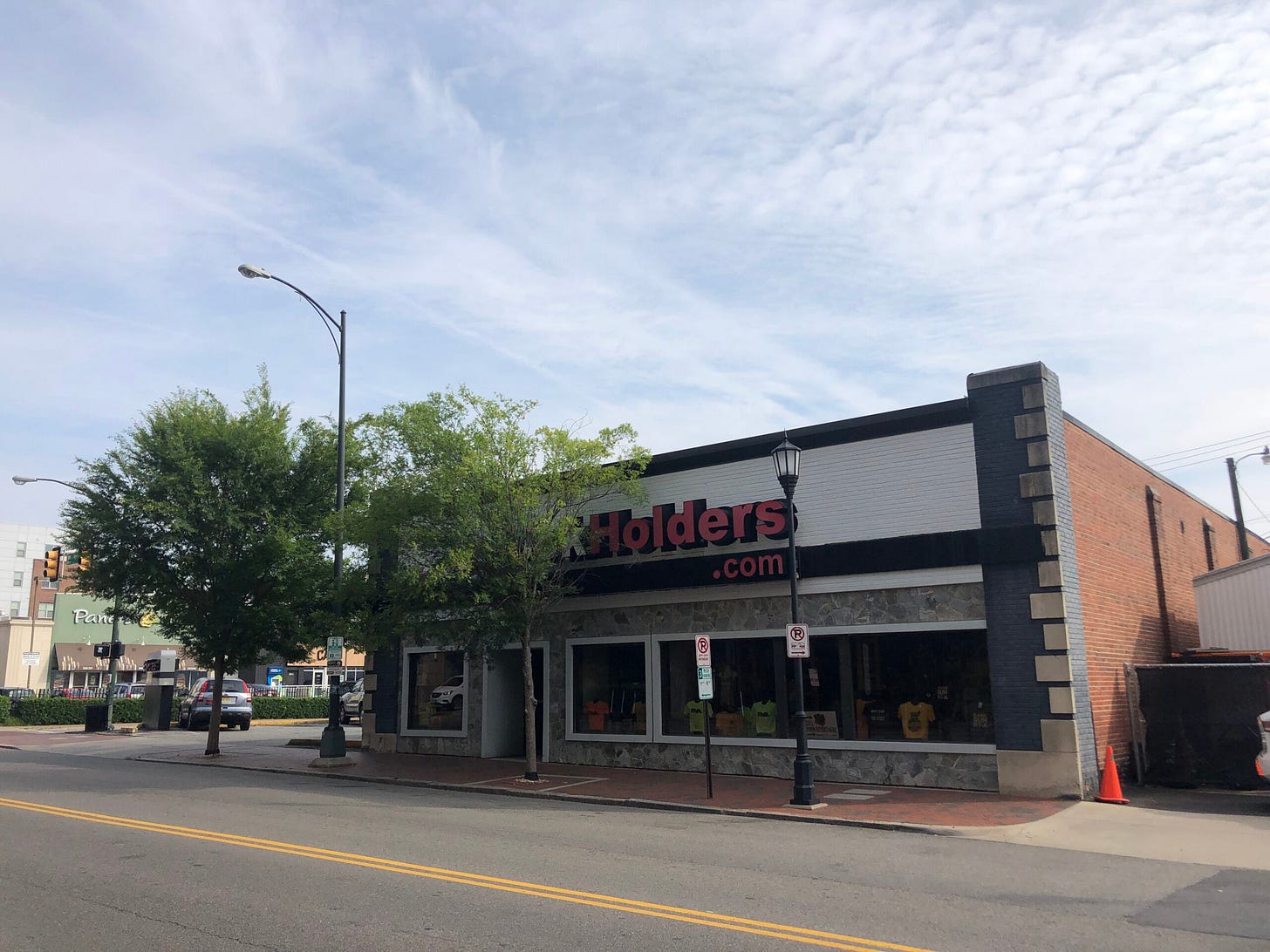04/01/2025: Used Bookstore Had Illegal Arbitration Agreement
Arbitration agreements cannot restrict the right to file unfair labor practice charges.
Bookholders, LLC, JD-27-25, 05-CA-303788 (ALJ Decision)
In this NLRB case decided on March 31, 2025, Administrative Law Judge Arthur J. Amchan found that Bookholders, LLC violated the National Labor Relations Act in several ways.
The case involved a used bookstore in Blacksburg, Virginia near Virginia Tech, operated by John Verde. Three charging parties—Riley Dehority, Hannah Steincamp, and Anna Pletch—filed charges against Bookholders regarding unlawful practices including wrongful termination and maintaining illegal workplace rules.
The ALJ determined that Bookholders violated Section 8(a)(1) of the Act by:
Unlawfully discharging Riley Dehority on July 9, 2022
Maintaining an overbroad social media rule requiring company approval for employee social media groups
Maintaining and enforcing mandatory arbitration agreements that prohibited employees from filing charges with the NLRB
Regarding Dehority's termination, the judge found that Verde observed Dehority and other employees discussing wage concerns on July 5, 2022, through the store's surveillance cameras. The evidence showed employees were photographing their timesheets. Shortly after, on July 7, head clerk Anna Pletch resigned, citing inadequate compensation. Verde then terminated Dehority on July 9. The judge concluded that Verde's stated reason for the termination—that Dehority was not working while conversing with coworkers—was pretextual, as no other employee had been fired for similar conduct.
The judge applied the Wright Line analysis, finding that:
Dehority engaged in protected concerted activity by discussing wage concerns
Verde knew or suspected this activity
Verde demonstrated animus toward the protected activity
The stated reason for termination was pretextual
The judge also found that Bookholders' employee rule requiring approval for social media groups violated the Act by unlawfully restricting employees' Section 7 rights.
Additionally, Bookholders' mandatory arbitration agreement was deemed illegal because it required arbitration as "the exclusive means of resolving any dispute" with no exception for NLRB charges.
As a remedy, the ALJ ordered Bookholders to:
Offer Dehority reinstatement with backpay
Remove references to the unlawful discharge from company records
Rescind the illegal workplace rules and arbitration agreements
Post notices at its facilities informing employees of their rights
The judge dismissed allegations regarding surveillance, impression of surveillance, and interference with concerted activities, which were withdrawn by the General Counsel.
Significant Cases Cited
Wright Line, 251 NLRB 1083 (1980): Established the burden-shifting framework for discrimination cases.
Boeing Co., 365 NLRB No. 154 (2017): Created a test for evaluating the legality of workplace rules.
Stericycle, 372 NLRB No. 113 (2023): Provided an alternative test for evaluating workplace rules.
U-Haul Co. of California, 347 NLRB 375 (2006): Established that arbitration agreements cannot prohibit filing NLRB charges.
Brunswick Corp., 282 NLRB 794 (1987): Held that rules requiring employer permission for protected activities violate Section 8(a)(1).

